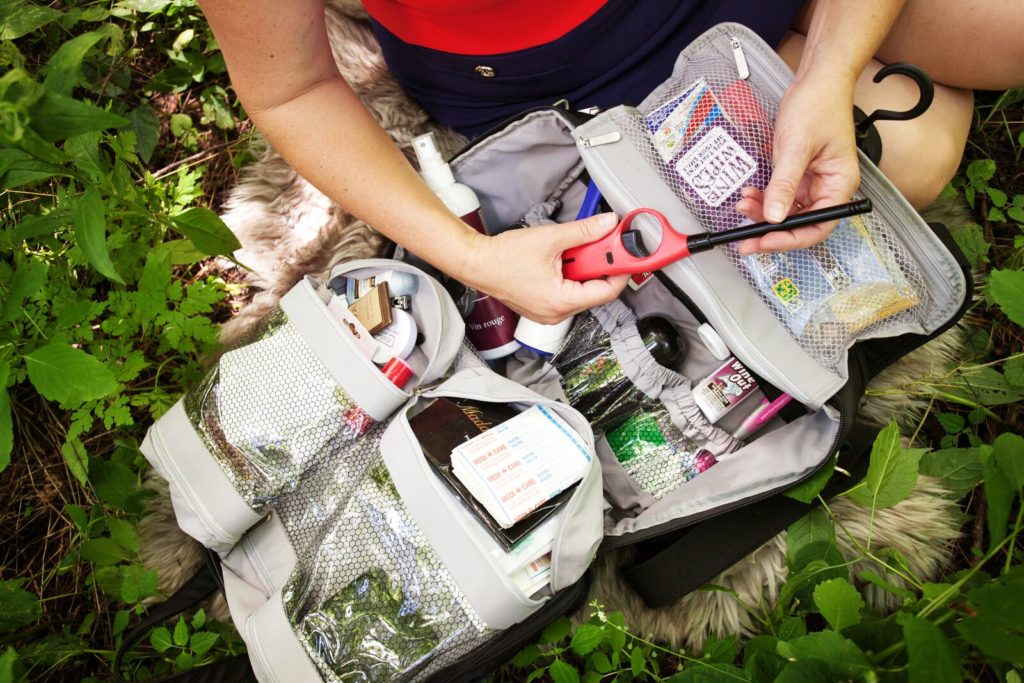
by Danielle Andrews, President & Co-Founder, The Wedding Planners Institute of Canada Inc.
As a wedding planner, you’ve mastered the art of creating seamless, magical wedding days. But amidst the beauty and joy, emotions are high and the stress is on, unexpected emergencies can arise, including medical situations that require immediate attention. Is your team prepared to handle a medical emergency at a wedding?
Common Medical Emergencies at Weddings
While weddings are celebratory occasions, they also bring together large groups of people, often with food, alcohol, and excitement—factors that can contribute to medical issues. Here are some common emergencies that can occur:
- Fainting or Heat Exhaustion: Outdoor weddings, especially in hot climates, can lead to guests or even members of the wedding party passing out due to dehydration or heat exhaustion.
- Allergic Reactions: Food allergies, insect stings, or floral arrangements can trigger severe allergic reactions, including anaphylaxis.
- Choking Incidents: A celebratory toast or meal can turn dangerous if someone begins choking.
- Heart Attacks or Strokes: With older guests in attendance, there is a risk of life-threatening cardiac events.
- Alcohol Poisoning: Overindulgence can lead to dangerous levels of intoxication, sometimes requiring medical intervention.
- Slips, Trips, and Falls: High heels, long dresses, and dance floors can contribute to accidental falls, leading to broken bones or head injuries.
- Burns or Fire-Related Incidents: Sparklers, candles, and fireworks add to the ambiance but also pose a risk of burns or fire.
How Wedding Planners Can Be Prepared
Being proactive is key to ensuring your team is ready to respond efficiently to any medical crisis.
Steps to Take Before the Wedding:
- Conduct a Risk Assessment: Evaluate the venue for potential hazards, such as uneven flooring, open flames, or limited emergency exits.
- Gather Emergency Contacts: Obtain contact details for local hospitals, urgent care centers, and on-site emergency responders.
- Coordinate with Vendors: Ensure catering teams are aware of guests’ food allergies and that the venue staff knows safety protocols.
- Communicate with the Couple: Ask about any pre-existing medical conditions among guests that may require special attention.
Items to Have on Hand:
- A fully stocked first aid kit (bandages, antiseptics, ice packs, etc.)
- Epinephrine auto-injector (EpiPen) for severe allergic reactions
- CPR mask, if possible
- Water bottles and electrolyte packets to prevent dehydration
- Anti-nausea and pain relief medication (always check local regulations regarding administration)
- Cold packs for injuries
- Emergency contact list for quick access to help
Training and Certifications for Your Team
Investing in training for yourself and your staff can be life-saving:
- CPR and First Aid Certification: Offered by organizations such as the American Red Cross or St. John Ambulance.
- AED Training: Knowing how to use an automated external defibrillator can save lives in the event of a cardiac arrest.
- Choking Response Training: Particularly helpful for large receptions with extensive food service.
- Recognizing the Signs of a Stroke or Heart Attack: Quick identification and response are critical.
Liability Insurance for Wedding Planners
While preparation is crucial, liability insurance is an essential safeguard for wedding planners.
- General Liability Insurance: Covers medical expenses if a guest is injured at the event.
- Professional Liability Insurance: Protects against claims of negligence or failure to provide adequate safety measures.
- Workers’ Compensation Insurance: If you employ a team, this protects them in case of an injury on the job.
Insurance for Your Clients
Your clients are hosting a very large amount of people, they also need to have proper insurance to protect themselves and their guests.
- Event Insurance: Covers unforeseen circumstances, including emergencies that could lead to cancellation or rescheduling.
- Party Alcohol Liability Insurance: If your couple is making alcohol available at their wedding, they should also have PAL Insurance.
Final Thought
Medical emergencies at weddings are rare, but they can happen. As a wedding planner, your role extends beyond aesthetics and logistics—you are also responsible for ensuring the safety and well-being of everyone involved. By having a solid plan in place, obtaining proper training, and equipping your team with the necessary tools, you can confidently handle any unexpected health crisis, giving your couples and their guests the peace of mind they deserve on their special day.
Want to read more about Emergency Preparedness? Here are some past articles we have shared: What’s in Your Emergency Kit?, Emergency Preparedness, Clients and Liability
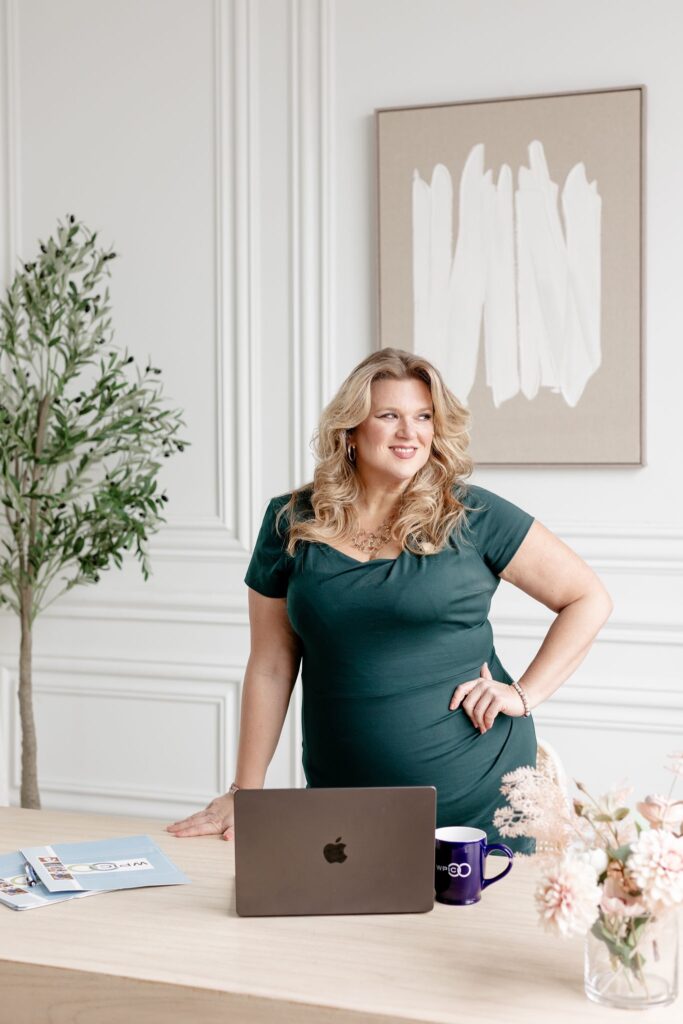
Danielle Andrews, BA, WPICC
Danielle Andrews is the Co-Founder of The Wedding Planners Institute of Canada Inc. (WPIC Inc.) and an internationally recognized wedding industry expert. With over 25 years of experience, she has trained and mentored more than 10,000 wedding professionals across 37 countries, shaping the global standards of wedding planning and coordination.
Through WPIC Inc., Danielle has developed industry-leading certification programs for independent planners, venue coordinators, and hospitality professionals. Her expertise is sought after by resorts and venues worldwide for training, consulting, and brand development in the wedding market.
Dedicated to elevating the wedding industry, Danielle continues to inspire and empower wedding professionals through education, mentorship, and innovation.

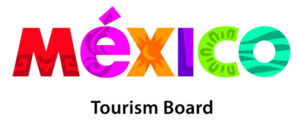

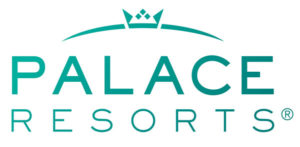
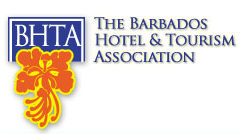
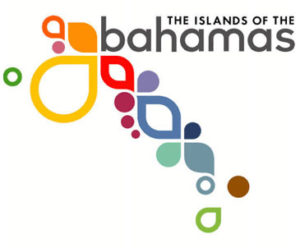
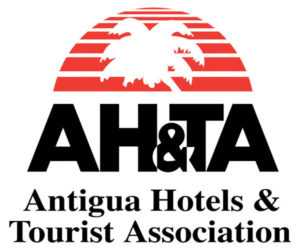
Leave a Reply